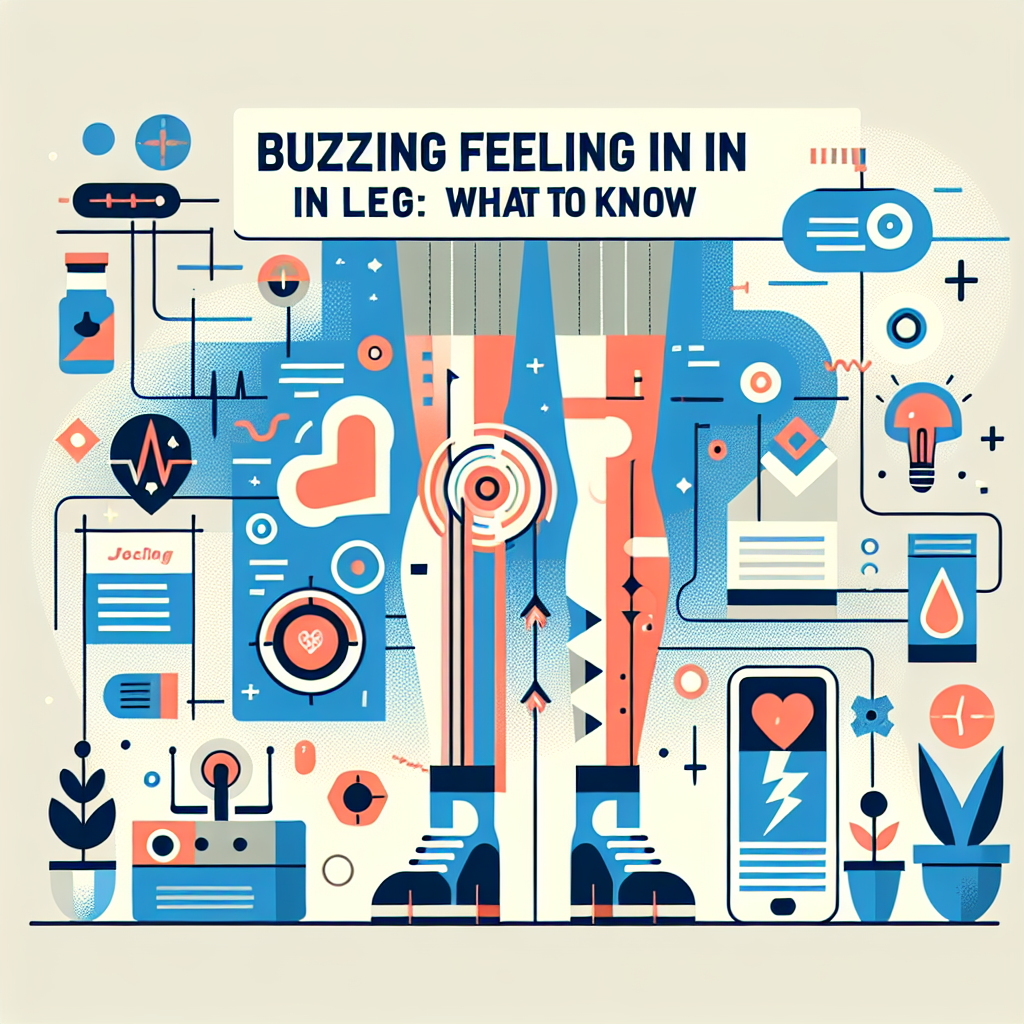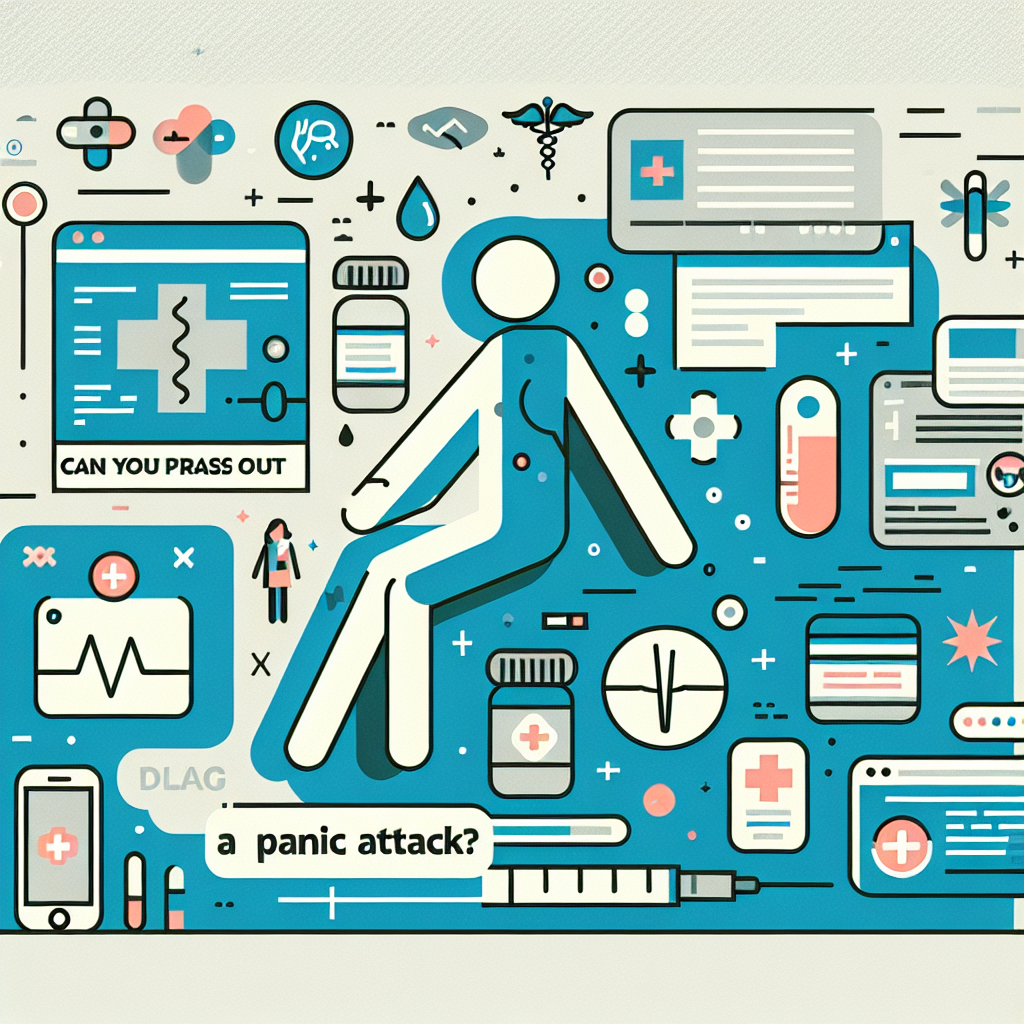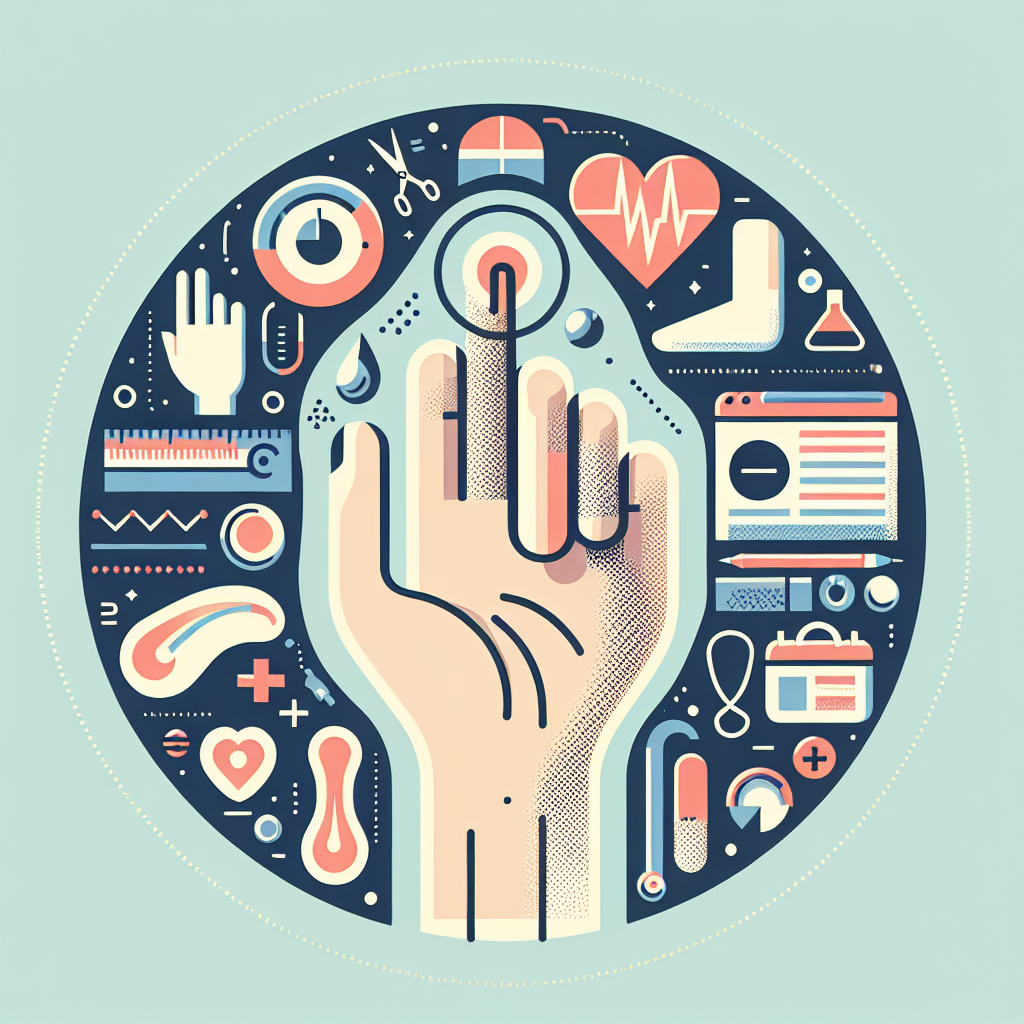Searching for cognitive behavioral therapy near me is a practical first step if you’re looking to manage anxiety, depression, or unhelpful behavioral patterns. Cognitive Behavioral Therapy (CBT) is a structured, evidence-based approach that helps people identify and change thinking and behavior patterns that contribute to distress. This article outlines typical options, what to expect in treatment, and the research backing CBT so you can make an informed choice about care.
Options for cognitive behavioural therapy near me
There are several ways to access CBT depending on your needs, budget, and location. You can search locally for a licensed therapist who specializes in CBT, look into group programs offered by clinics, or try online platforms that connect you with trained clinicians. If you’re using search terms like cbt therapy near me, you’ll find a mix of private practices, community mental health centers, and telehealth services that offer varying formats (individual, group, or skills workshops).
What types of delivery should I expect?
- In-person therapy: Traditional weekly sessions with a licensed psychologist, counselor, or social worker trained in CBT.
- Teletherapy: Video or phone sessions that replicate in-person work—often more flexible for scheduling and travel.
- Group CBT: A cost-effective option where participants learn CBT skills together under clinical guidance.
- Self-guided programs: Workbooks or structured digital programs for milder concerns or as a supplement to therapy.
How a typical CBT course works
CBT is usually time-limited and goal-focused. Early sessions involve assessment, identifying problematic thoughts and behaviors, and setting specific goals. Later sessions teach skills like cognitive restructuring, behavioral experiments, exposure (for anxiety and phobias), and problem-solving. Homework between sessions is common—practical exercises help translate new skills into daily life. If you’re asking “what happens in cognitive behavioral therapy near me,” expect a collaborative, active approach rather than passive conversation.
Finding a therapist and practical tips
When looking for care, consider credentials, specialization, and approach. Many providers list CBT specifically on their profiles, which is helpful when you’re searching for cognitive behavioral therapy near me. Use platforms that show clinician licenses and areas of expertise, or ask local clinics whether they offer evidence-based CBT. If cost is a concern, community mental health centers or university training clinics may offer sliding-scale fees or supervised therapy at reduced costs.
Evidence: what the research says
CBT has strong empirical support for a range of conditions including depression, anxiety disorders, panic, OCD, PTSD, and insomnia. For general background on psychotherapies and mental health research, authoritative sources summarize effectiveness and guidelines; for example, the National Institute of Mental Health provides accessible information on psychotherapies and conditions being treated with evidence-based approaches https://www.nimh.nih.gov/health/topics/psychotherapies. Studies consistently show CBT’s benefits when delivered by trained clinicians and when patients engage actively in the process.
Costs, insurance, and access
Insurance coverage varies—many plans cover mental health services but check network status and session limits. If insurance isn’t an option, sliding-scale clinics, community programs, and online CBT platforms can reduce cost barriers. Searching specifically for cbt therapy near me may reveal local nonprofit resources or university clinics where services are offered at lower rates.
When to consider alternatives or additions
CBT is effective for many people, but some cases benefit from combined treatments. For example, medication plus CBT can be more effective for moderate to severe depression or anxiety. Integrative approaches (mindfulness-based CBT, ACT) may suit those who prefer different emphases. If you’re experiencing severe symptoms or safety concerns, seek immediate care from mental health crisis services or primary care providers.
For practical tips about managing physical anxiety symptoms (like trembling) that sometimes come up during CBT, you might find this resource helpful: descriptive anchor text.
- Takeaways
- CBT is structured, evidence-based, and available in-person and online.
- Look for clinicians who list cognitive behavioral therapy near me or cbt therapy near me on their profiles.
- Costs vary—explore sliding-scale clinics, university programs, and telehealth options.
Is CBT effective for anxiety and depression?
Yes. Research supports CBT as an effective treatment for a range of anxiety disorders and depression, particularly when patients engage with homework and skills practice. Effectiveness increases when delivered by trained clinicians.
How long does therapy usually last?
CBT is often time-limited, commonly 8–20 sessions depending on the issue and goals. Some people continue longer for maintenance or to work on additional concerns.
Can I do CBT online?
Yes. Teletherapy and structured online CBT programs can be effective alternatives to in-person care, especially when licensed providers deliver treatment and patients remain actively involved in exercises and homework.






